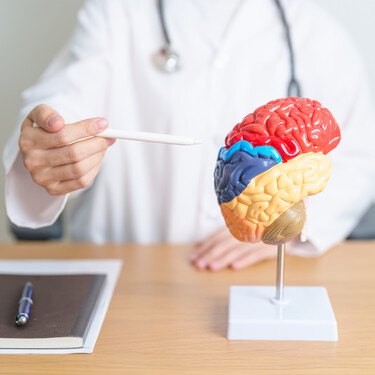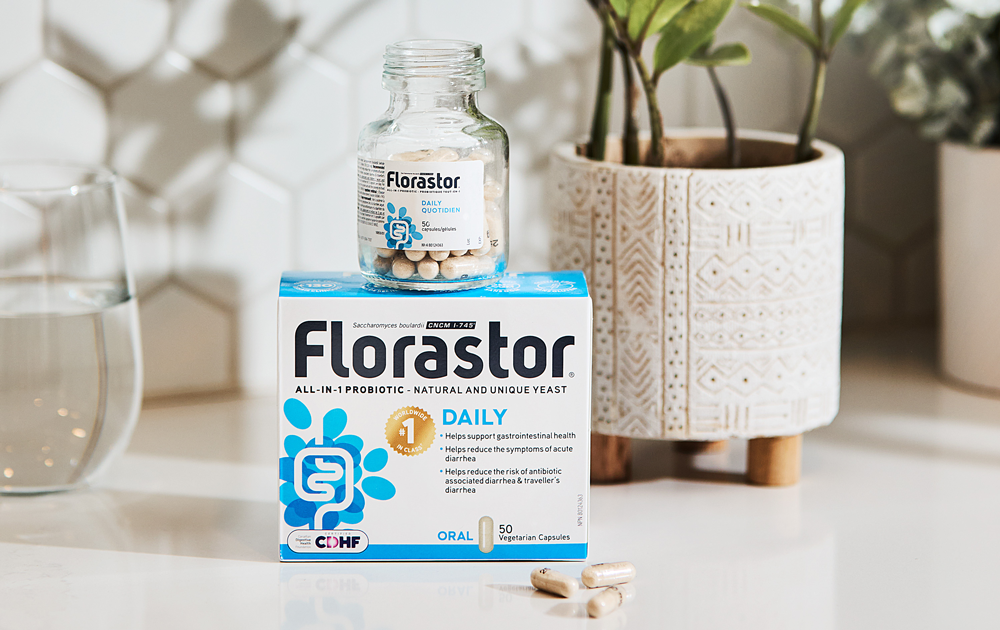The colder weather and celebratory nature of the holiday and new years season lends itself to greater alcohol consumption with average alcoholic drink intake tending to be notably higher on both Christmas and New Years eve as compared to other weekends.
As such, there could hardly be a better time to discuss the science around alcohol intake and its influence on gut health and the gut microbiome.
This is especially true given the recently updated guidance on alcohol intake and health provided by the Canadian Centre On substance And Use Addiction which asserts that 2 standard drinks or less per week is the quantity at which you are “likely to avoid alcohol-related consequences”.
Furthermore, consuming 3-7 drinks per week ( or more) was identified as being associated with an increased risk of certain cancers and cardiovascular health outcomes – with each additional drink within and beyond this range contributing further to risk.
When it comes to alcohol consumption and health, it certainly seems clear that we are headed firmly in the “less is more” direction – but how might drinking less positively influence your digestive tract?
We’re about to find out!
Alcohol Intake, Gut Health & The Gut Microbiome
Let’s start our inquiry by briefly touching on the influence of alcohol on IBS, which is among the most common gut health conditions globally.
In 2013, the American Journal Of Gastroenterology evaluated the influence of alcohol consumption and IBS symptomology in women with their most notable finding being an association between binge drinking (4+ drinks) and the presence of next day symptoms including indigestion, stomach pain, nausea and diarrhea.
The study above is a great starting point for today’s discussion because much of the research on alcohol and gut health uses data from men and particularly on heavy consumers (alcohol use disorder).
Alcohol intake may harm healthy bacteria while acting as fuel for more harmful bacterial species, making it easier for those bacteria to compete for resources within the digestive tract and cause an imbalance in the overall population of the microbiome.
Alcohol’s Influence On The Gut
· Contributes to dysbiosis of the microbiome (imbalance between good vs bad bacteria)
· Increases oxidative stress and inflammation within the digestive tract leading to damage
Scientists also believe that dysbiosis of the microbiome can ultimately negatively influence mood and mental health by disrupting neurotransmitter release and optimal gut-brain communication.
Nothing we want to be dealing with, and further motivation for those who drink to moderate their intake as close as possible to the evolving guidelines.
What About Red Wine? Polyphenols
Among commonly consumed sources of alcohol, one could argue that red wine is different from the rest owing to its high content of grape polyphenols.
Polyphenols are a family of plant-based compounds thought to have a positive influence on the gut microbiome, with observational evidence suggesting that red wine is the only type of alcohol positively associated with microbiome diversity (generally considered a good thing).
The fact remains that we do not need to rely on red wine intake to increase our dietary polyphenol intake as they are found in rich supply in herbs, spices, cocoa, ground flaxseed, berries, artichoke and several other foods.
In other words, the polyphenol content of red wine is not a sufficient justification to overlook safe drinking guidelines and the risks associated with excessive alcohol consumption.
Final thoughts
As a registered dietitian whose practice focus is fatty liver disease I wanted to make a brief comment in today’s post on the gut-liver connection.
It’s well known at this point that the liver, as the primary detoxifying organ, can be significantly affected by excessive alcohol consumption.
In today’s post, we also identified that alcohol consumption is likely to negatively influence the gut microbiome.
What is less known, however, is that the digestive tract and liver are connected by the portal vein and the health of the gut microbiome directly influences the health of the liver.
This is why we see many people who have a fatty liver tend to also suffer from microbiome dysbiosis and that people with a history of antibiotic use tend to have a higher risk of fatty liver disease.
Remember that the appropriate use of Florastor (Saccharomyces boulardii CNCM I-745) while on antibiotics can reduce the negatively influence of antibiotics on your healthy gut bacteria which may have meaningful carry over benefits for other aspects of your long-term health.





